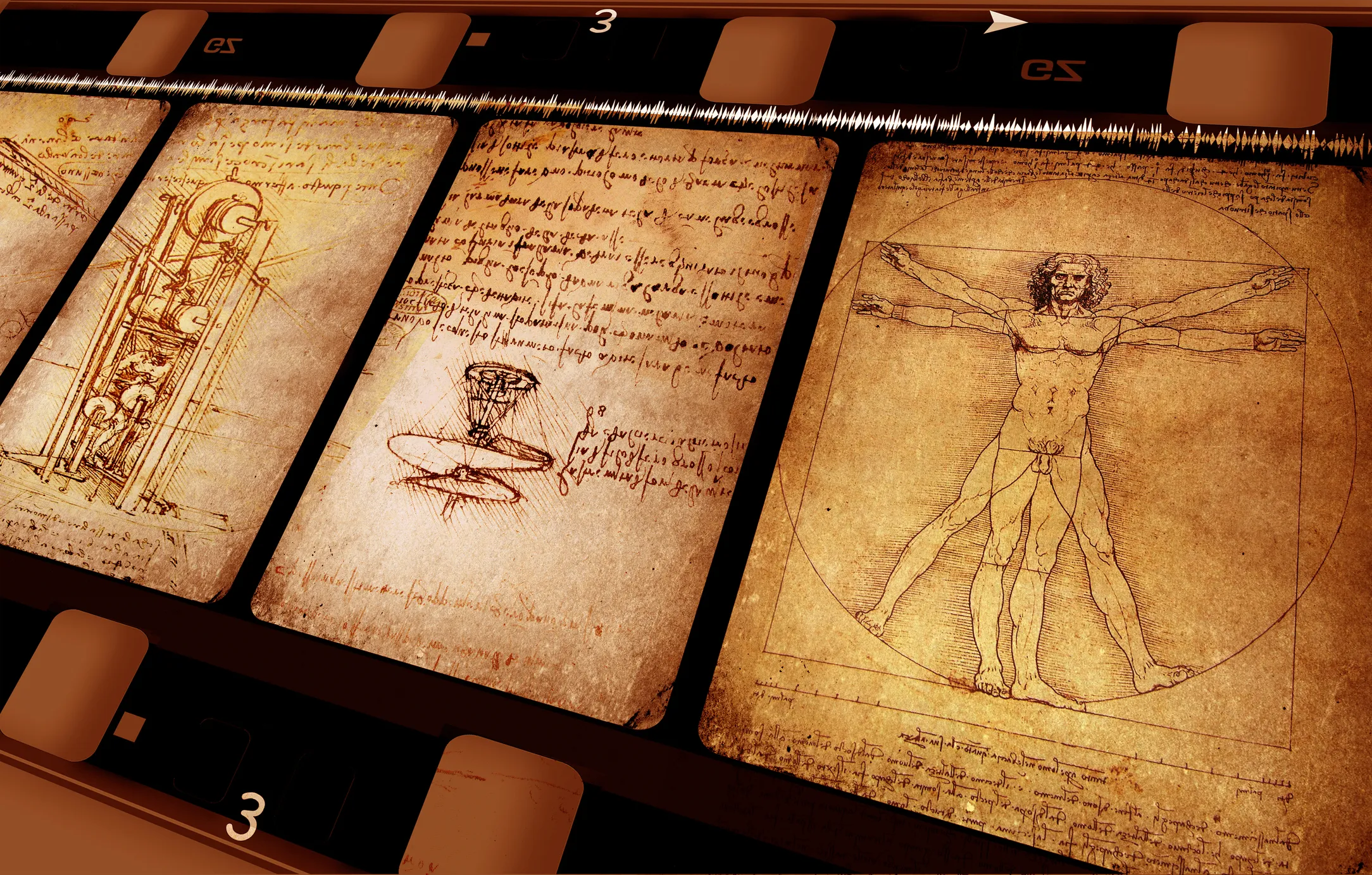
Educationalists from the Universities of Cambridge and Edinburgh say pupils would benefit from science and the arts being taught together instead of in subject silos.
A paper published in Curriculum Perspectives journal says this could be done around themes such as climate change or food security.
The model draws inspiration from Renaissance polymaths like Da Vinci, who worked across disciplinary boundaries in pursuit of greater knowledge.
Deeper understanding
The study cites a case study in Aberdeen where primary pupils showed a deeper understanding of food security and environmental protection issues after learning to grow food in their school grounds.
Pam Burnard, Professor of Arts, Creativities and Rducation at the University of Cambridge, said Da Vinci’s amazing designs illustrated how he was combining different disciplines to advance knowledge and solve problems.
Professor Burnard said: “We must encourage children to think in a similar way because tomorrow’s adults will have to problem-solve differently because of the crises they will face – especially those of climate, sustainability, and the precarity of life.”
Radically different
Dr Laura Colucci-Gray, of the University of Edinburgh’s School of Education and Sport, said the nature of these problems calls for a radically different approach to knowledge.
Dr Laura Colucci-Gray said: “We are proposing a move from the idea of a curriculum as something children are just ‘given’ to a curriculum ‘in-the-making’, in response to transformations that will define their lives.”
In their alternative model, researchers suggest giving schools greater freedom to determine how to meet general study targets set by the curriculum.
Collective decisions
Teachers and leadership teams would make collective decisions and share practices about how to engage pupils with unifying, cross-curricular themes, such as environmental sustainability.
Any attempt to reimagine education along transdisciplinary lines, with subjects being taught together, would require children’s attainment to be measured differently, the researchers noted.
Professor Burnard said: “It would require a system of testing which measures how children are internalising ideas and what they are expressing – not just what they know.
“That may be an uncomfortable idea for some, but it is the sort of radical thinking we need if education is going to prepare young people for the future.”
Related link
Moray House School of Education and Sport

